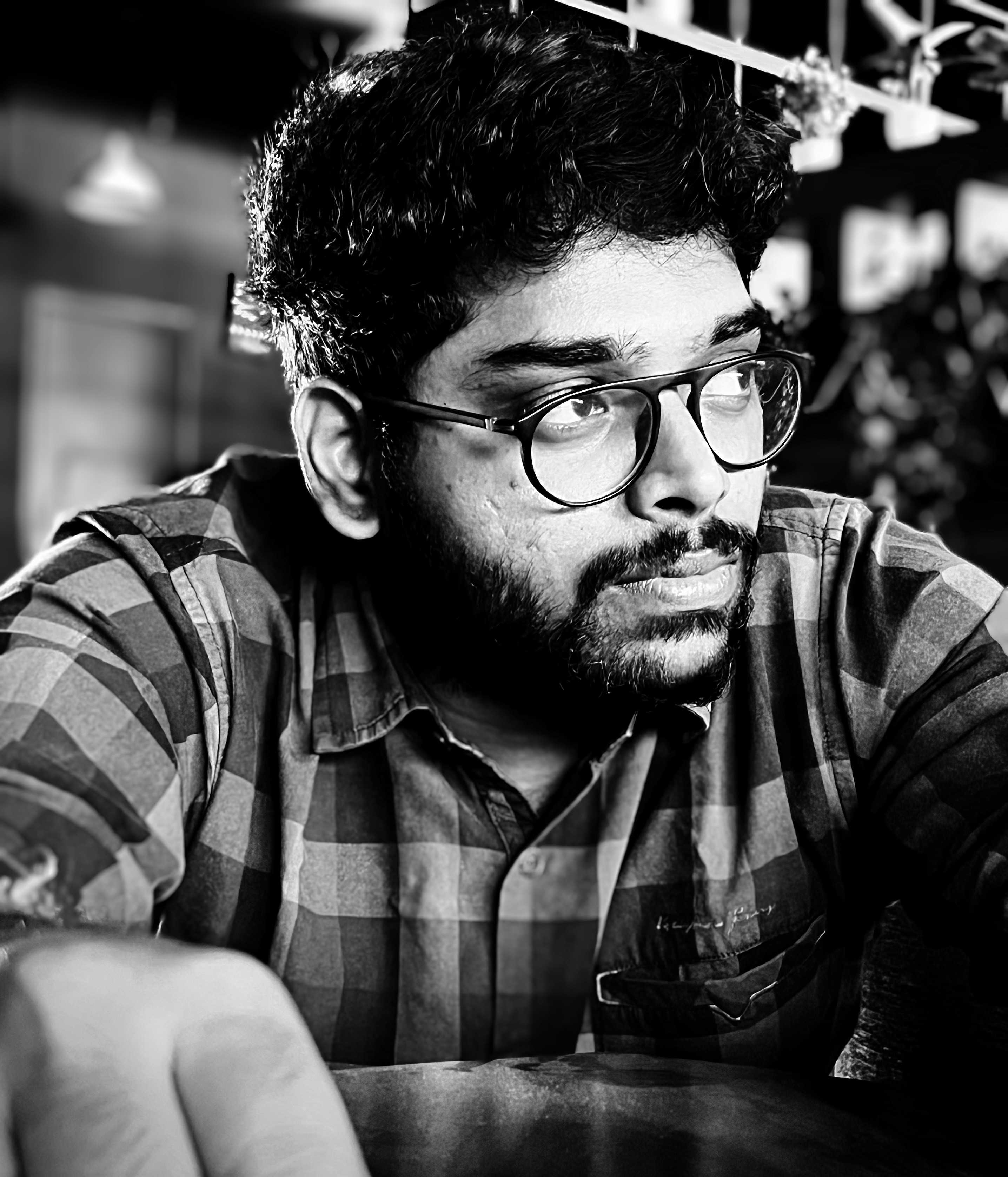Beyond the Code: My Transition to Senior Frontend Engineer
 Sridhar Murali
Sridhar MuraliTable of contents
- Introduction
- 1. It's Not Just About Code Anymore
- 2. Communication Became as Important as Coding
- 3. Reviews Became Teaching Moments
- 4. Debugging Meant Debugging Systems, Not Just Code
- 5. Ownership: From Tasks to Real Impact
- 6. Mentorship Is a Two-Way Street
- 7. You Don't Feel "Ready" — You Grow Into It
- Final Thoughts
Introduction
When I first started as a Frontend Engineer, I thought mastering frameworks and writing clean UI code would be enough to keep growing. But as I moved towards a Senior Frontend Engineer role, I realised the real journey was less about just writing code — and more about ownership, decision-making, collaboration, and impact.
Today, I want to share some of the things I learned, stumbled through, and grew from along the way. If you're aiming for that next step too, I hope this feels relatable and maybe even a little helpful.
1. It's Not Just About Code Anymore
In the early days, I would obsess over writing the perfect component, making sure it was pixel-perfect and passed every test.
As a Senior Engineer, the focus shifted:
How will this scale?
Will this impact other teams?
Is there a better design pattern that avoids rework six months later?
Is it understandable for the next developer?
I learned that good enough today but fragile tomorrow isn't good enough anymore. Thinking two steps ahead became second nature.
2. Communication Became as Important as Coding
I used to think "my work will speak for itself." It turns out, it doesn't.
I had to actively:
Share context with teammates.
Write clear pull request descriptions.
Explain trade-offs to designers and backend engineers.
Push back (respectfully) when something wasn’t technically feasible.
At first, it was uncomfortable — I worried about sounding pushy or not smart enough. But slowly, I learned: clear communication isn't a nice-to-have; it’s a core skill.
3. Reviews Became Teaching Moments
In the beginning, code reviews were terrifying. Getting feedback felt personal.
But becoming senior meant switching roles — now I was the one giving feedback.
I learned to:
Look beyond nitpicks ("add a semicolon") and focus on architecture and clarity.
Offer feedback that was specific, kind, and actionable.
Celebrate the good parts too — not just point out mistakes.
And honestly, reviewing code became one of the most satisfying parts of my day.
4. Debugging Meant Debugging Systems, Not Just Code
Earlier, debugging meant combing through my own code looking for typos or wrong logic.
Later, it became:
Tracking bugs across services, APIs, and third-party libraries.
Understanding browser internals.
Reading unfamiliar codebases and quickly making sense of them.
Asking the right questions instead of making assumptions.
It wasn't just about being a good coder anymore — it was about being a good investigator.
5. Ownership: From Tasks to Real Impact
In the beginning, I used to think: "I finished the task assigned to me; my job is done."
But over time, my mindset changed:
Did this feature truly solve the user's problem?
Is it intuitive and smooth for someone using it for the first time?
Can I spot potential issues before they happen?
Is the performance and accessibility up to the mark?
Taking ownership meant looking beyond just what's written in the requirement.
It was about thinking like a user, a teammate, and sometimes even like a product owner — making sure what I built genuinely added value, not just that it "technically worked."
Ownership wasn’t about doing extra work; it was about deeply caring for the outcome, not just checking off tasks.
6. Mentorship Is a Two-Way Street
We assume mentoring means "I teach you, you learn."
But mentoring junior developers taught me just as much:
How to explain things simply.
How to recognise gaps in my own understanding.
How fresh perspectives can spot things you miss.
Some of my favourite moments weren’t about code at all — they were about helping someone gain confidence.
7. You Don't Feel "Ready" — You Grow Into It
I wish I could tell you there was a day when I woke up and thought, "Now I'm Senior."
But honestly, it didn’t feel like that.
It felt like:
Trying.
Failing sometimes.
Asking dumb questions.
Learning by doing.
Stepping up even when it felt scary.
And somewhere along the way, people started trusting me with bigger things. That's when I realised: growth looks a lot like courage, not confidence.
Final Thoughts
If you're on the path from Frontend Engineer to Senior Frontend Engineer, my advice is:
Don’t just chase technical depth; build breadth too.
Care about your team and product, not just your tasks.
Speak up. Take responsibility. Mentor others.
Believe that it's okay not to know everything — what's important is your willingness to learn.
Growth isn’t a straight line. It’s messy, humbling, exciting — and so, so worth it.
Thanks for reading — and if you're on your journey too, I'm rooting for you. 🚀
Subscribe to my newsletter
Read articles from Sridhar Murali directly inside your inbox. Subscribe to the newsletter, and don't miss out.
Written by

Sridhar Murali
Sridhar Murali
Passionate Frontend Engineer with over 4.5 years of experience in frontend development and a strong previous experience in Quality Assurance of 4 years (2016-2020). Skilled in building responsive, high-quality applications using JavaScript frameworks like Ember.js and React.js, combining meticulous attention to detail from a QA background with a commitment to delivering seamless user experiences. Recognized for writing efficient, accessible code, strong debugging skills